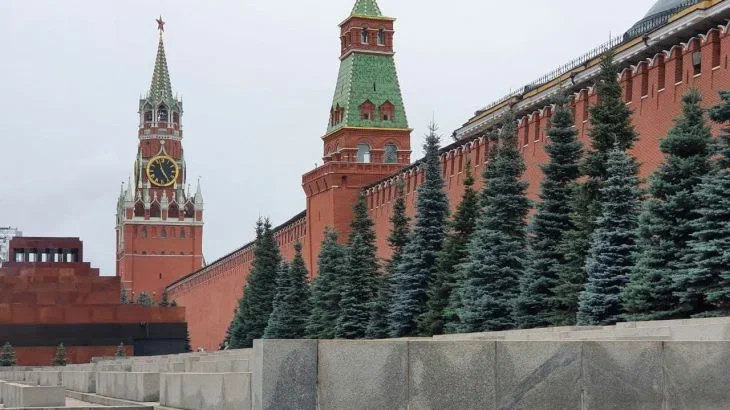Russia ratifies comprehensive strategic partnership agreement with North Korea
On November 9, it became known that Russian President Vladimir Putin signed a law ratifying the treaty on a comprehensive strategic partnership with the DPRK.
The agreement reached between the Russian Federation and North Korea provides for immediate assistance in the event of an armed attack.
The treaty between the Russian Federation and the DPRK was signed on June 19, 2024 in Pyongyang and submitted by Vladimir Putin to the State Duma for ratification on October 15, TASS reports.
It is in line with the interests of the peoples of Russia and North Korea “and contributes to ensuring peace, regional and global security and stability.”
What does the agreement provide for?
1. Provision is made for the provision of military and other assistance in the event of an armed attack on the parties to the treaty.

2. The possibility of concluding agreements with third countries that would be directed against the sovereignty, security, territorial integrity, as well as the political, economic, cultural and social systems of the other party is excluded.
3. There is also talk about cooperation in the areas of healthcare, food and energy security, and information and communication technologies.
4. At the same time, it is planned to expand trade and economic cooperation, as well as work in the investment and scientific and technical spheres.
5. Provision is made for cooperation in the legal sphere in civil and criminal cases, the extradition and transfer of convicted persons, as well as interaction in the fight against international terrorism.
When does it come into effect?
The date of entry into force of the treaty is considered to be the date of exchange of instruments of ratification.
The Treaty on Comprehensive Strategic Partnership between the Russian Federation and the DPRK is of unlimited duration.
